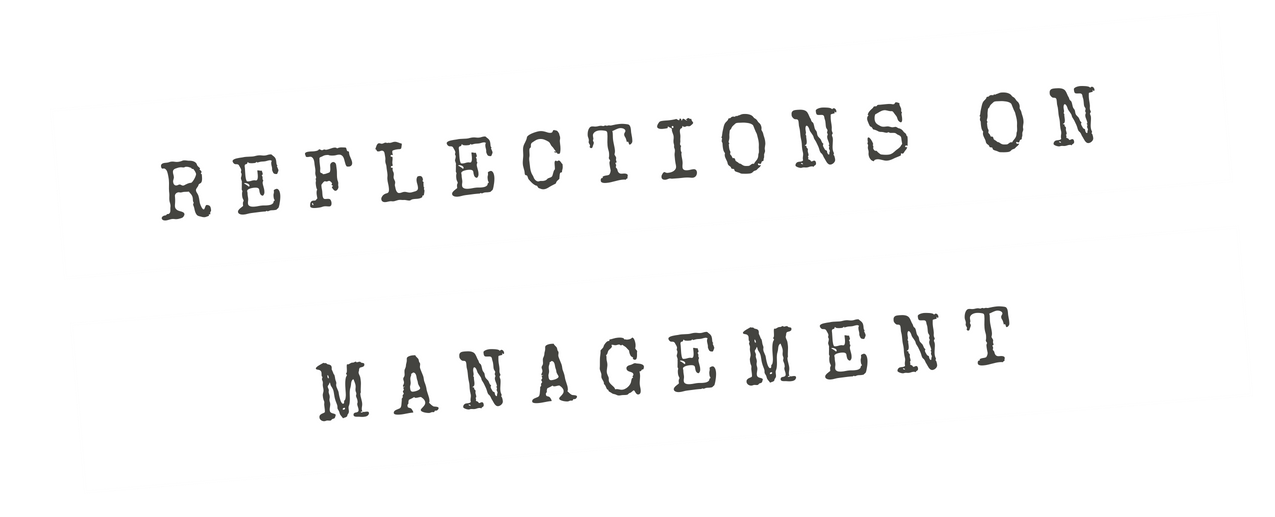We have to get past this orientation of thinking about the other as the enemy. And we also have to be prepared to get over ourselves … and participate as equals with those who are of different status.
Season 6, Episode 8 — Click here to download the transcript
I’ve come up with 12 principles that would guide our efforts to renegotiate social contracts. These are principles focused in four directions: from the collective perspective to the individual, from the individual to the collective, from the collective to the environment and among individuals within or outside collectives. And these principles are of two characters. There’s a binary good, bad nature in which we say that ‘more is better.’ But then there’s an associated spectrum of choices on how you enact the principle. But for this final episode, I now turn to a different problem. How do we actually navigate all of these tensions and maximize the opportunity for solutions when we get people to come to the table? The short answer, as I reveal here, is classic pragmatism.
Classic pragmatism (as opposed to some of the later revisions) is geared toward practical solutions to practical problems, and eschews theoretical or ideological approaches. For a problematic situation to be resolved, it must be made tangible and involve as many different relevant perspectives as possible to be available. Along with drawing from the ideas of John Dewey, I draw from Patricia Shields’ construct of the community of inquiry and David Brendel’s “4P” approach that solutions must be practical, pluralistic, participatory, and provisional. Key is that individuals within the community of inquiry must recognize that they are not a temporary entity like a Tiger Team that solves a problem once and that’s it — the types of social problems requiring a pragmatic approach need a continued investment in time and energy to address the inevitable new problems as they arise.
Works Referenced:
Brendel, D. H. (2006). Healing psychiatry: Bridging the science/humanism divide. MIT Press.
Galvin, T. P., & Allen, C. D. (2021). Diversity Management and the Postdiversity Vision: An Applied Pragmatist Approach. Armed Forces & Society, 47(1), 48-76.
Haidt, J. (2012). The righteous mind: Why good people are divided by politics and religion. Vintage.
Shields, P. M. (2003). The community of inquiry: Classical pragmatism and public administration. Administration & Society, 35(5), 510-538.
Also: Talking About Organizations Podcast, Episode 75: Insitutionalization — Philip Selznick


